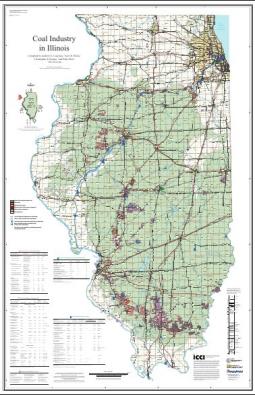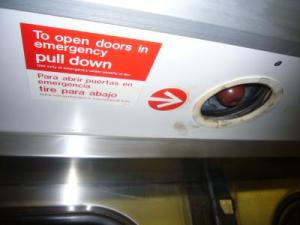
Thanks to Crains for an article discussing the multiple difficulties of maintaining the south side of Chicago, and the south Cook County suburbs, as viable communities. There are a lot of issues here, but two of them are real estate taxes and vacant lots. The article notes that effective tax rates – taxes as a percentage of property value – in the south suburbs are more than double the average (I suppose they mean the average for Cook County). And that’s for the south suburbs as a whole; in one area your annual tax bill will be over 10% of what your real estate is worth.
So of course there are numerous vacant lots as well as rundown properties. If you spend $100,000 to build a house in an area where the effective tax rate is 10%, you’ll pay $10,000/year tax (in addition to the tax on the unimproved land value). That’s far more than your mortgage, maintenance, and utilities would be, so you don’t build it.
In fact, it’s worse, because Cook County, in practice, assesses residential properties at a higher percentage of value than vacant land – 56% higher according to the latest data(pdf) from the Illinois Department of Revenue. Even more incentive to let the property run down.
Suppose, instead, that two changes were made:
(1) Assess the value of vacant land, as well as of houses, accurately. This is the responsibility of the Cook County Asssessor.
(2) Stop giving vacant land the discount that residential property gets. Currently, commercial and industrial properties are supposed to pay a tax rate 2.5 times what houses and vacant land pay. That might not be a good idea, but it’s the law as enacted by the Cook County Board. The Board could move vacant land into the same category as commercial and industrial land.
If these two changes were made, the effective tax rate on vacant land would be triple, or more, what it is today. That changes the calculation for the land owner. Suddenly the cost of holding land vacant is higher, which means the alternative – developing or selling it – is lower. That’s important, because more development means more housing and/or more jobs.
Of course this change would raise more revenue for schools and other governments, or perhaps could be used to lower taxes on other uses. The amount of revenue isn’t certain, since the Assessor does not share information on the number or value of vacant parcels.
There is absolutely no danger that owners will pick up their vacant land and move it out of Cook County. It is here to stay. We just need to fix the incentives to encourage development in areas where it is lacking.
This is not the whole solution to the difficulties of the south suburbs, but it is one useful step that costs homeowners and governments nothing. All it requires is for Cook County officials to do their jobs.






 No, they aren’t all one and the same.
No, they aren’t all one and the same.
